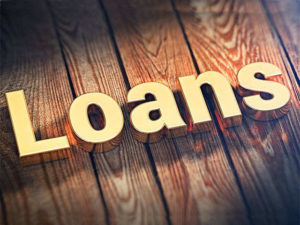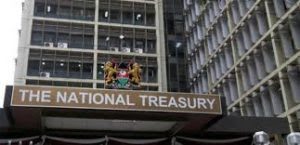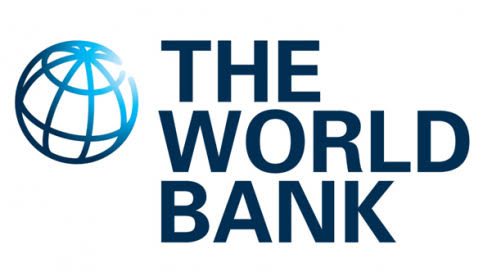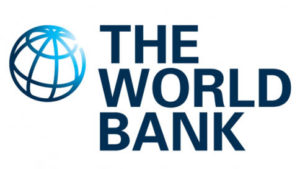The World Bank has agreed to provide East African nation; Kenya, with a $750 million (75 billion Kenyan Shillings) loan for budget support, following the cash flow hitch that threatens to cripple the nation’s Treasury.
This will be the first time in years, that the World Bank will be putting cash directly into the Treasury, for the money to be used by the government, however it sees fit.
Previously, the World Bank preferred to channel funds directly into projects.
This decision reflects the worsening cash flow situation at the Treasury in an environment where revenues are now below their targets and the rising interests of debt payments, which are in turn, denying the nation’s economy cash for projects like infrastructure upgrades.
The World Bank loan, whose terms were not disclosed as at now, is intended to beused to support the ongoing fight against corruption and the ‘Big Four Agenda’ policy which is aimed at boosting economic growth by launching universal health care, improving food security, ensuring that there is support for manufacturing, and building affordable housing.
The World Bank in its approval notice, said, “Measures supported by this operation are expected to benefit ordinary Kenyans through better targeting of agricultural subsidies to reach low income farmers, prosecuting those who engage in fraudulent procurement, increasing availability of affordable housing, and improving revenue mobilisation,”.
The 75 billion Kenyan Shillings loan approval comes just days after Kenya raised $2.1 billion (210 billion Kenyan Shillings) through an Eurobond whose proceeds will mainly refinance some of its existing loans.
The public debt of Kenya as a percentage of gross domestic product, has increased to 55 percent from the 42 percent it stood at, when President Uhuru Kenyatta came into office in 2013.
The government has however, defended the increased borrowing, stating that the country must invest in its infrastructure, including roads and railways.

Observers of the loan mania, have questioned the value of some of the projects, citing the multibillion Kenyan Shilling Standard Guage Railway in particular which runs from Mombasa to Nairobi, and is backed by China.
The Standard Guage Railway (SGR), was completed in 2017.
The increased national debt, has resulted in Kenya committing more than half of its taxes to paying loans.
Whatever is left after the repayment of loans, barely enough to cater for the construction of roads, affordable housing, as well as the revamping of the ailing health sector.

The Treasury chiefs in the draft of the Budget Review and Outlook Paper, estimate that the nation’s total debt will rise to nearly 7.17 trillion Kenyan Shillings in the year ending in June 2022, from the estimated 5.4 trillion Kenyan Shillings, it currently stands at.
The World Bank is an international financial institution that provides loans to countries for the purpose of pursuing capital projects. It comprises two institutions: the International Bank for Reconstruction and Development, and the International Development Association.
Founded in July 1945, it currently comprises of 189 member countries.
The World Bank, is a component of the World Bank Group.



